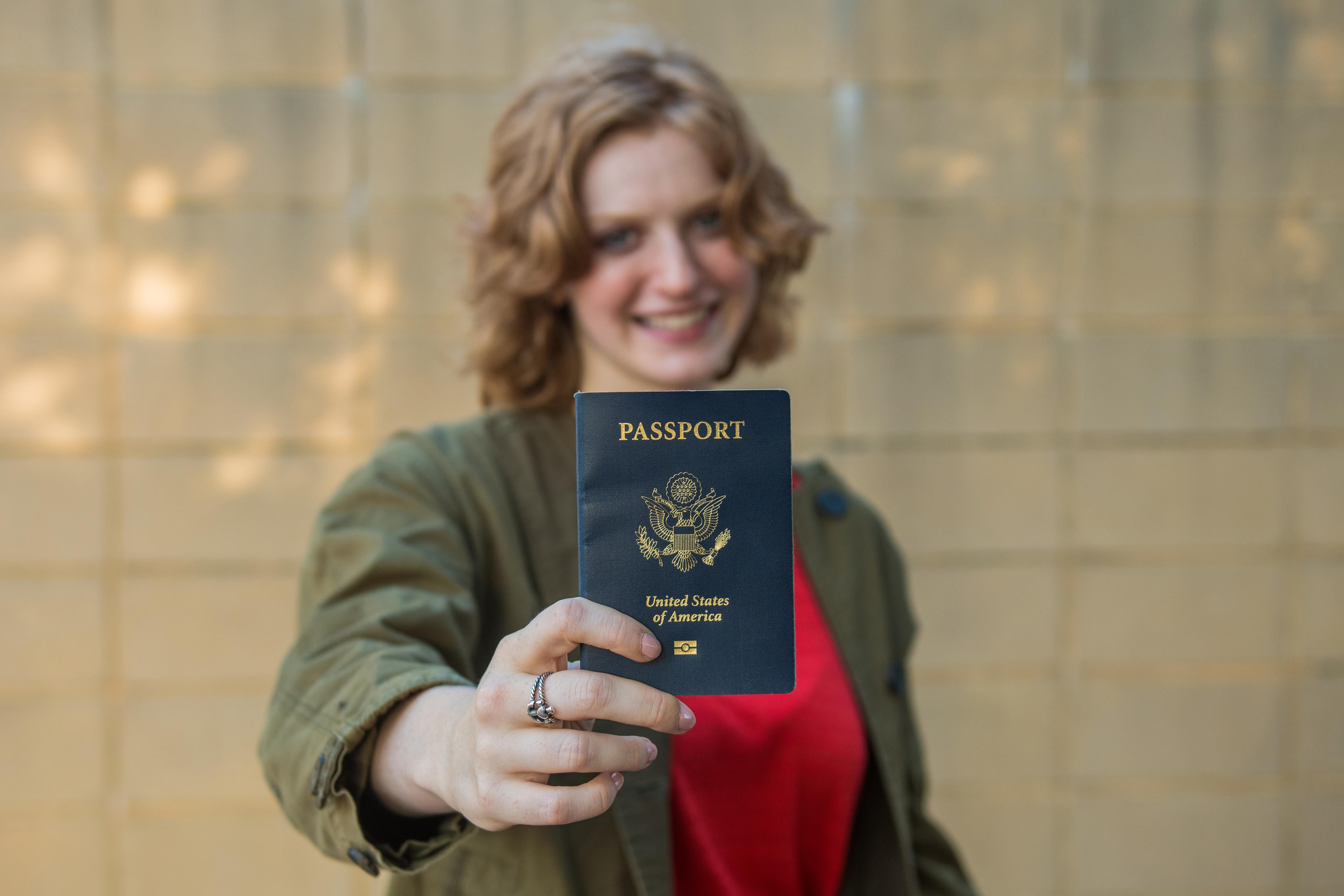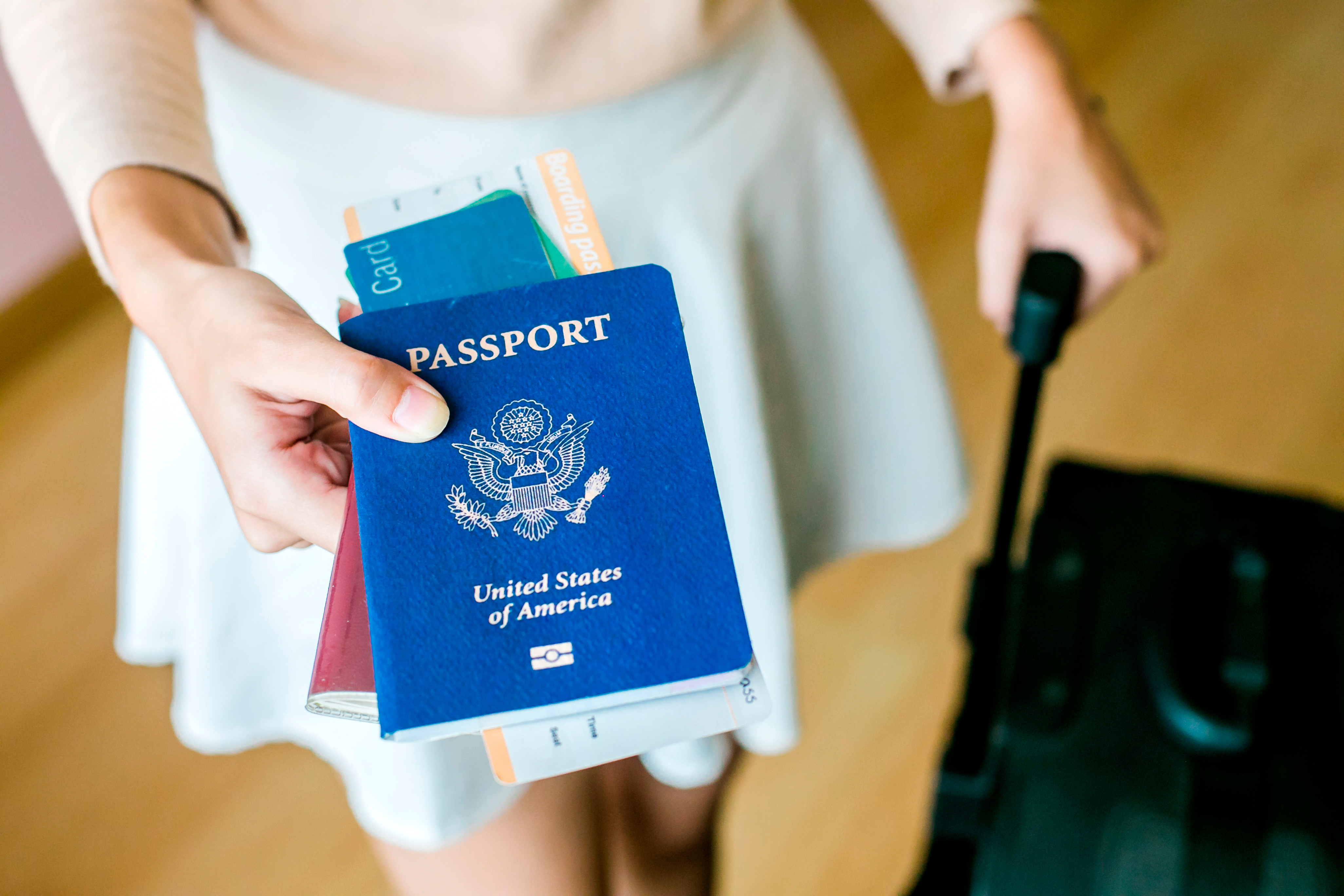Tired of confusing embassy websites or visa chaos? If you’re an American planning a Vietnam trip in , you’re not alone. Thousands face the same stress. But here’s the good …

Every year, thousands of US citizens face unexpected visa denials when trying to enter Vietnam — often due to simple mistakes or outdated information. The process may seem straightforward, but overlooking just one requirement or choosing the wrong visa type can ruin your travel plans. If you want to avoid costly errors and ensure a smooth entry to Vietnam in , this expert-level guide will help you navigate the process with precision and confidence.
Visa refusals are more common than most travelers think, and American applicants are not immune. One of the most frequent reasons for rejection is inaccurate or inconsistent information in the application form. Even a small typo in your passport number, name, or travel dates can lead to a denial.
Another common issue is non-compliance with photo or document specifications. Uploading a blurry or incorrectly sized passport photo, or a scanned passport that’s cut off or unclear, can automatically disqualify your application — even if the rest of your information is perfect.
Some travelers also unknowingly select the wrong visa type for their travel intentions — for example, choosing a business visa when their trip is purely for tourism purposes. Others fail to meet minimum passport validity requirements or submit applications too late to be processed in time. These are all avoidable with the right preparation and guidance.

For , US citizens primarily have two options for a Vietnam tourist visa: the E-Visa and the Visa on Arrival (VOA). Each has its pros and cons, and choosing the right one depends on your travel needs and preferences.
The E-Visa is often the recommended option for most US tourists. It’s a digital visa that can be obtained entirely online. It allows entry at international airports, land borders, and seaports, with stays of up to 90 days. It’s ideal for travelers who want to finalize their documents before departure and avoid queues upon arrival.
The Visa on Arrival is a valid alternative for those flying into Vietnam. However, it requires an advance approval letter, and the visa itself is stamped once you land at a Vietnamese airport. While this method is flexible and suitable for last-minute plans, it’s not available at land borders or seaports.
Both are legitimate routes, but for simplicity, speed, and broader entry access, the E-Visa generally offers better value and less hassle — especially when applying through a professional visa service.
The first step is to choose your visa type: E-Visa or VOA. Once decided, gather the necessary documents: a valid US passport (with at least 6 months’ validity), a recent passport-style photo, and a clear scan of your passport’s bio page.
If applying for an E-Visa, visit the official Vietnam e-visa website or a trusted third-party platform like Vietnam Immigration. Fill out the online form carefully, double-check all entries, and upload your documents. Choose either regular or urgent processing. Once approved (usually in 3–5 working days, or 4–8 hours for rush cases), you’ll receive your e-visa via email in PDF format.
If opting for the Visa on Arrival, begin by applying online for the visa approval letter through a trusted third-party platform like Vietnam Immigration. Once you receive it, print it and bring it to the airport. Upon arrival in Vietnam, proceed to the VOA counter where you’ll submit your documents, pay the stamping fee, and receive your visa sticker in your passport.

Paying attention to this checklist can drastically improve your approval chances and reduce processing delays. Submitting a clean, error-free application is your best strategy.
While it’s possible to apply on your own, many US travelers choose to work with visa professionals to eliminate risk and speed up the process. Platforms like Vietnam Immigration offer full-service support, from document verification to expedited approvals.
With over 15 years of industry experience, their team provides round-the-clock assistance, helps correct application errors before submission, and guarantees 100% visa approval or your money back. This level of support is especially valuable if you’re traveling on short notice or dealing with complex itineraries.
Most importantly, professional services help you avoid the stress of navigating foreign government websites or dealing with technical issues. For a small fee, you gain peace of mind and assurance that your visa will be processed efficiently and correctly — the first time.
👉 Apply for your Vietnam Tourist Visa here

Securing a Vietnam tourist visa in doesn’t have to be stressful — but it does require accuracy, preparation, and the right strategy. Understanding the differences between visa options, submitting the correct documentation, and working with experienced professionals can make all the difference between a smooth approval and a last-minute travel nightmare. Use this guide as your go-to resource, and start your Vietnam journey on the right foot.

Tired of confusing embassy websites or visa chaos? If you’re an American planning a Vietnam trip in , you’re not alone. Thousands face the same stress. But here’s the good …

